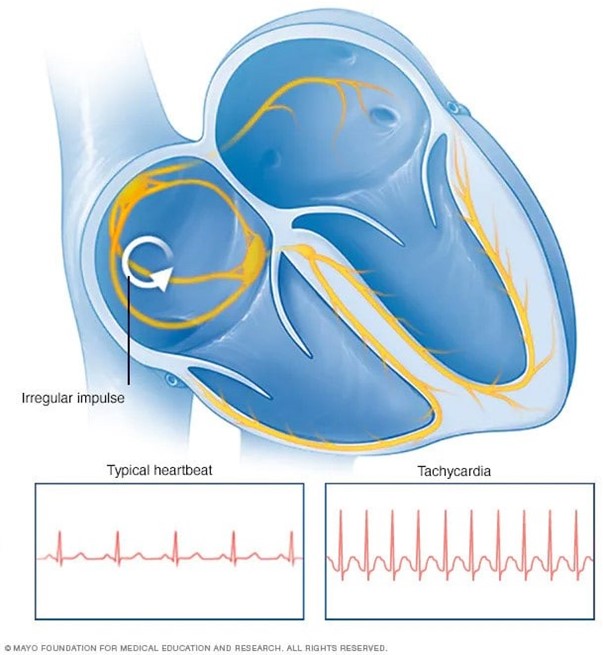A nurse is preparing to administer dexamethasone 3 mg PO.
Available are dexamethasone 1.5 mg tablets.
How many tablets should the nurse administer? (Round the answer to the nearest whole number.
Use a leading zero if it applies. Do not use a trailing zero.).
1.
2.
3.
4.
The Correct Answer is B
The nurse should administer 2 tablets.
Since each tablet contains 1.5 mg of dexamethasone, to administer a dose of 3 mg, the nurse should give 3 mg / 1.5 mg/tablet = 2 tablets.
Choice A is incorrect because 1 tablet would only provide a dose of 1.5 mg.
Choice C is incorrect because 3 tablets would provide a dose of 4.5 mg.
Choice D is incorrect because 4 tablets would provide a dose of 6 mg.
Nursing Test Bank
Naxlex Comprehensive Predictor Exams
Related Questions
Correct Answer is B
Explanation
Step 1: Calculate the total infusion time in minutes.
24 hours × (60 minutes/hour) = 1440 minutes.
Step 2: Calculate the infusion rate in mL/min.
1200 mL ÷ 1440 minutes = 0.833 mL/min.
Step 3: Calculate the drop rate in gtt/min.
0.833 mL/min × 15 gtt/mL = 12.495 gtt/min.
Step 4: Round to the nearest whole number.
12.495 ≈ 13 gtt/min.
Answer: 13 gtt/min.
Correct Answer is C
Explanation
Taking too much levothyroxine can cause side effects such as an elevated pulse1.

Choice A is not the answer because a decreased temperature is not a side effect of taking too much levothyroxine.
Choice B is not the answer because hypotension is not a side effect of taking too much levothyroxine.
Choice D is not the answer because constipation is not a side effect of taking too much levothyroxine.
Whether you are a student looking to ace your exams or a practicing nurse seeking to enhance your expertise , our nursing education contents will empower you with the confidence and competence to make a difference in the lives of patients and become a respected leader in the healthcare field.
Visit Naxlex, invest in your future and unlock endless possibilities with our unparalleled nursing education contents today
Report Wrong Answer on the Current Question
Do you disagree with the answer? If yes, what is your expected answer? Explain.
Kindly be descriptive with the issue you are facing.
